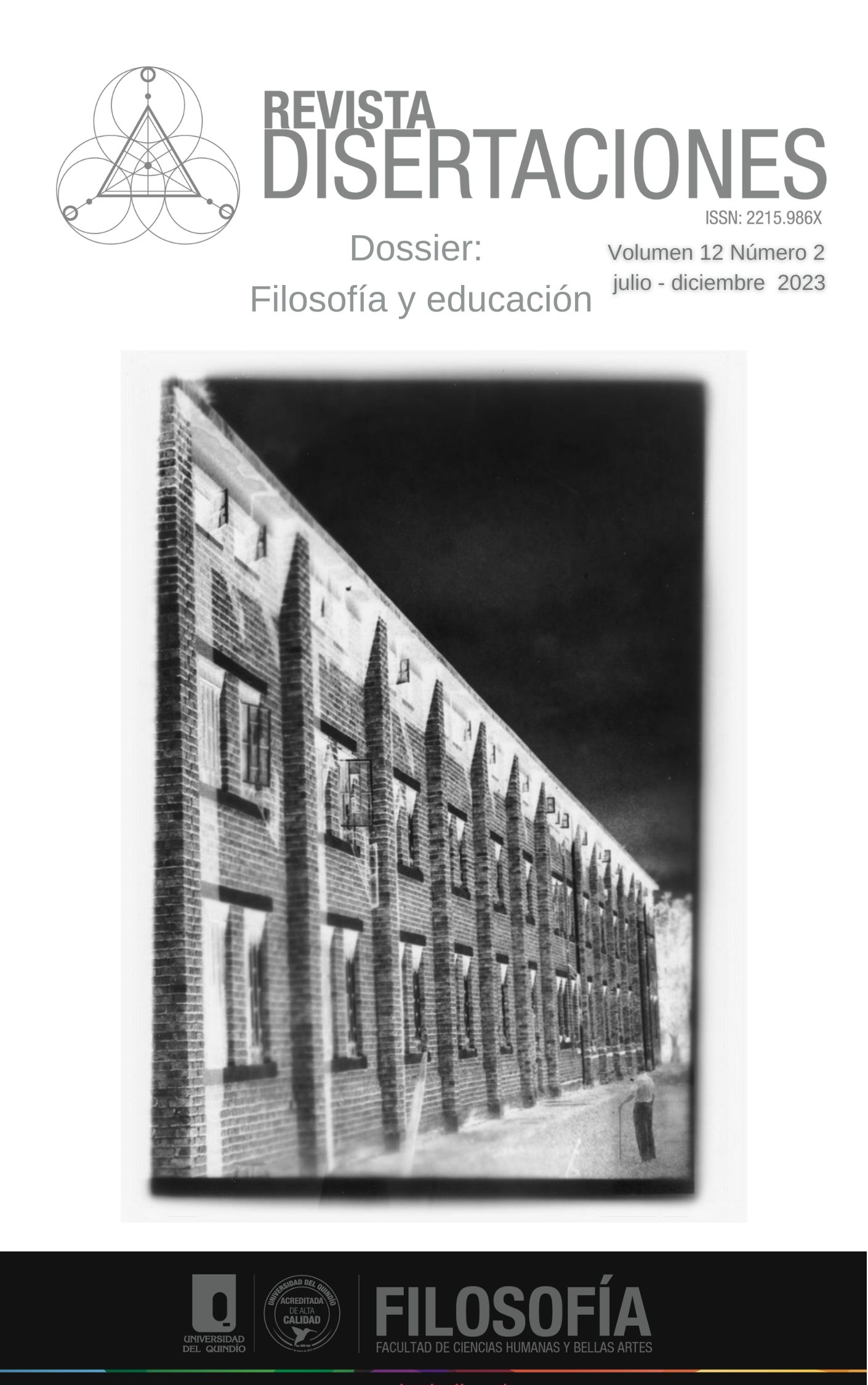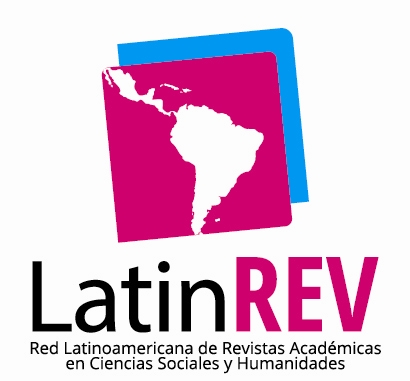Philosophical Perspectives in 21st century education
Globalization, Governance and Post-politics
DOI:
https://doi.org/10.33975/disuq.vol12n2.1260Keywords:
Digital Cultures, Governance, Meritocracy, Postpolitics, Digital TechnologiesAbstract
The purpose of this work is to identify and describe the discursive-hegemonic influences on the contemporary educational phenomenon, its synchronies and dissonances. The analysis of this was based on the perspectives that various authors offer on the exercise of philosophy, mainly the one presented by Alain Badiou of Philosophical Suture, this to synthesize the interweaving between science and politics and show how they constitute their organization of subjectivities and practices within the teaching-learning process. These imbrications and how concepts (skills, effectiveness, success), sutures (post-political technocracy) and trends (sociotechnical paradigm and digital culture) are articulated are exposed as a way to explain and describe how they influence current educational logic. Finally, a possible trend is marked that the analysis of these elements offered, an instructive pedagogy, where the successful operation of the information is the determining factor.
References
Badiou, Alain. Manifiesto por la filosofía. Buenos Aires: Ediciones Nueva Visión, 1990.
Brown, Wendy. El pueblo sin atributos. La secreta revolución del neoliberalismo. México: Malpaso Ediciones S.L.U, 2015.
Declaración de los derechos del hombre y del ciudadano (1789). https://www.psi.uba.ar/academica/carrerasdegrado/psicologia/sitios_catedras/obligatorias/723_etica2/material/normativas/declaracion_derechos_hombre_ciudadano_1789.pdf
Deleuze, Gilles. y Guattari, Félix. ¿Qué es la filosofía? Barcelona: Anagrama, 2001.
Foucault, Michel. Historia de la sexualidad. 1. La voluntad de saber. México: Editorial Siglo XXI, 1995.
Fumagalli, Andrea. Bioeconomía y capitalismo cognitivo, Hacia un nuevo paradigma de acumulación. Madrid: Traficantes de sueños, 2010.
Groys, Boris. Introducción a la antifilosofía. Buenos Aires: Eterna Cadencia Editora, 2021.
Hegel, G.W.F. (1986). Filosofía del derecho. México: Juan Pablos Editor, 1986.
Hui, Yuk. Fragmentar el futuro. Ensayos sobre la tecnodiversidad. Buenos Aires: Caja Negra Editora, 2020.
Kant, Emmanuel. Crítica de la razón pura. México: Editorial Porrúa, 2005.
Lyotard, Jean-Francois. La condición posmoderna. Informe sobre el saber. Madrid: Ediciones Catedra, 1984.
Maris Vázquez, Stella. La filosofía de la educación. Estado de la cuestión y líneas esenciales. Buenos Aires: CIAFIC Ediciones, 2012.
Naciones Unidas. “Impacto académico”. https://www.un.org/es/academicimpact, 2022.
OECD. “PISA Programme for International Student Assessment”. https://www.oecd.org/pisa/pisa-es/. 2023.
Osorio, Luis, y Vidanovic, Andrea, et al. "Elementos del proceso de enseñanza-aprendizaje y su interacción en el ámbito educativo". Qualitas Revista Científica. Vol. 23 (ene-junio 2022).
Organización de las Naciones Unidas. “Derecho a la Educación”. https://www.right-to-education.org/es/page/nacionesunidas.https://www.un.org/es/impactoacad. 2022.
Parikka, Jussi. Geología de los medios. Buenos Aires: Caja Negra Editores, Buenos Aires, 2021.
Ruiz Cuellar, Guadalupe. “Las escuelas de tiempo completo en México ¿Tienen futuro?” Revista Mexicana de Investigación Educativa. RMIE vol. 27 no.93 Ciudad de México abr./jun. 2022.
Sandel, J. Michael (2021). La tiranía del mérito, ¿Qué ha sido del bien común? Penguin México: Random House Grupo Editorial, 2021.
UNICEF (2023). UNICEF “para cada infancia”. https://www.unicef.org/mexico/educaci%C3%B3n-y-aprendizaje#:~:text=La%20educaci%C3%B3n%20es%20un%20derecho,y%20ejercer%20sus%20otros%20derechos.
Zizek, Slavoj. El sexo y el fracaso del absoluto. México: Ediciones Culturales Paidós, 2020.
Zizek, Slavoj. En defensa de la intolerancia. Madrid: Ediciones Sequitur, 2008.

Downloads
Published
How to Cite
Issue
Section
License
Copyright (c) 2023 José Arturo Magallanes Payan

This work is licensed under a Creative Commons Attribution-NonCommercial-NoDerivatives 4.0 International License.














